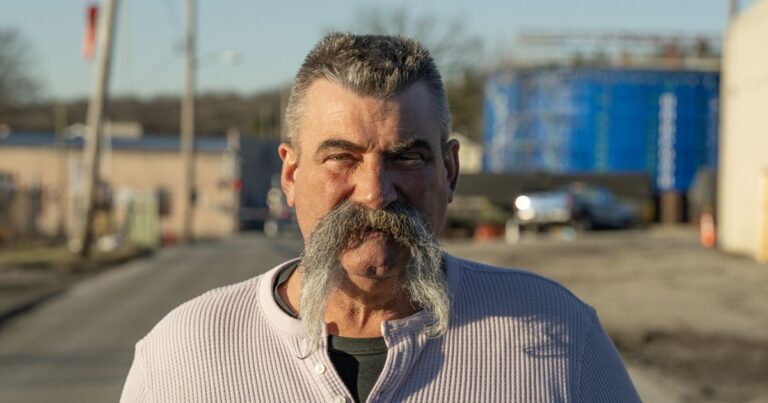Blog
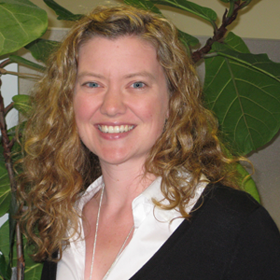
No matter how careful a woman is, there is no way to avoid all BPA exposure. And you know what? It shouldn’t be our job! No one, especially a pregnant woman, should have to be a toxicologist to go to the grocery store.

On a recent call with Walmart’s Sustainability team, they told us they were taking your calls and emails seriously, and were carefully assessing the Hazardous 100+ list. Click here for a snapshot of Walmart’s big news.
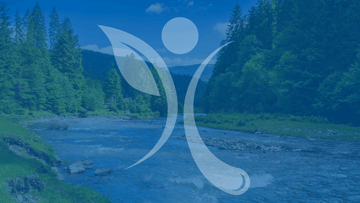
The world's largest retailer, Walmart, announced today it would begin disclosing chemicals in many product categories while phasing out approximately ten chemicals from products, in favor of safer alternatives. It also announced that it will pursue EPA's Design for the Environment (DfE) imprimatur for some of its private label products. The disclosure practices will begin in 2015 and apply to cleaners, personal care products, cosmetics and baby care.
Your support allows us to make big impacts. Will you donate today?

A new report from the Breast Cancer Fund today finds that pregnant mothers are commonly exposed to the harmful chemical bisphenol-a (BPA) in part as a result of eating canned food. The chemical is linked to hormone disruption, miscarriages and birth defects.
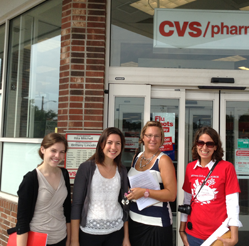
Going to a local retailer is a common experience. But last week a group of Ohio women visited Target and CVS to ask them to get serious about toxic chemicals. Here’s what happened...
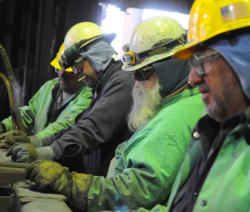
Two pre-Labor Day federal announcements combine to pinpoint where we are in protecting the health and safety of workers in the United States.
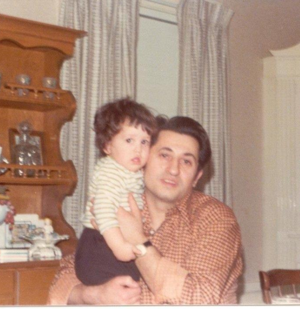
Once as a child, I visited the factory floor, and saw the machine my father stood over, stamping out parts that helped make America hum with electricity. It was hot in there, and the place was filled with dust. Decades later, we would learn that dust was a toxin called kaolin, a fine naturally occurring particle used to make plastics and ceramics.

Why are we still hopeful that Target may take the lead on our Mind the Store challenge? Because of some of the steps they’ve already taken on toxic chemicals...

“Amazingly, it’s hard to fathom that as architects we don’t always know what chemicals are in the building materials we use. It’s time for this to change. It’s time to bring a new set of baseline criteria to building design and construction by starting with the elimination of toxic chemicals in building materials.” – Robin Guenther, Principal, Perkins+Will

Construction Specialties has created a niche for itself by developing and manufacturing environmentally responsible building products. This $300-million-a-year business helps builders avoid PVCs, PBTs, and other chemicals known to harm human health and the environment. “The demand for environmentally responsible and relevant building products is growing rapidly.”

